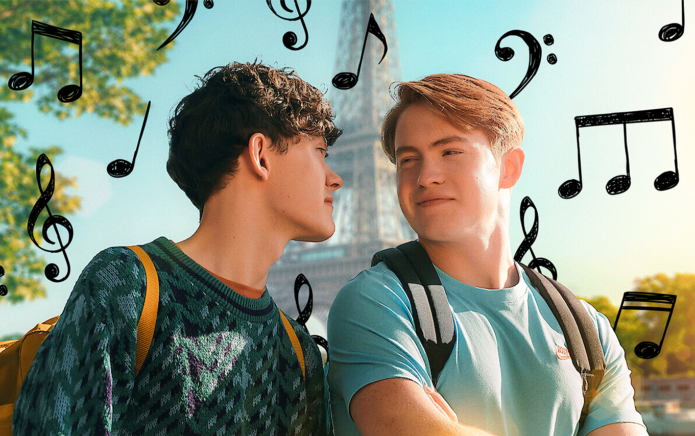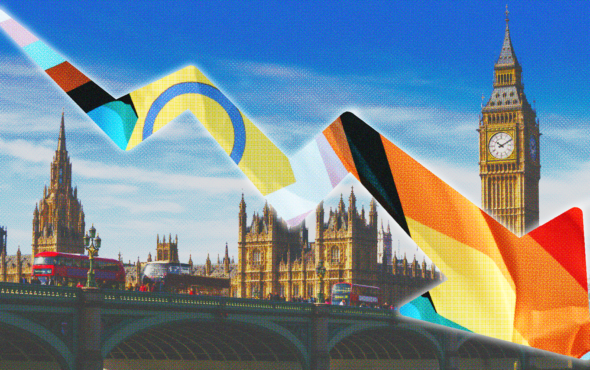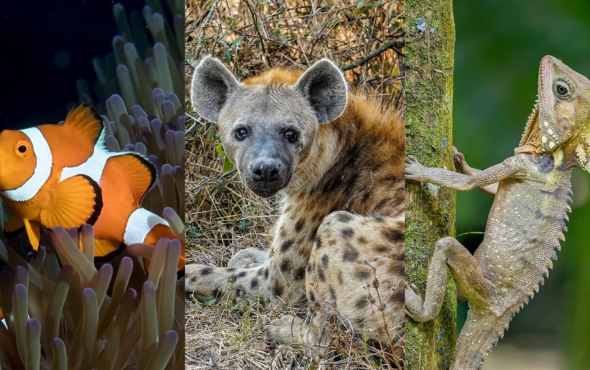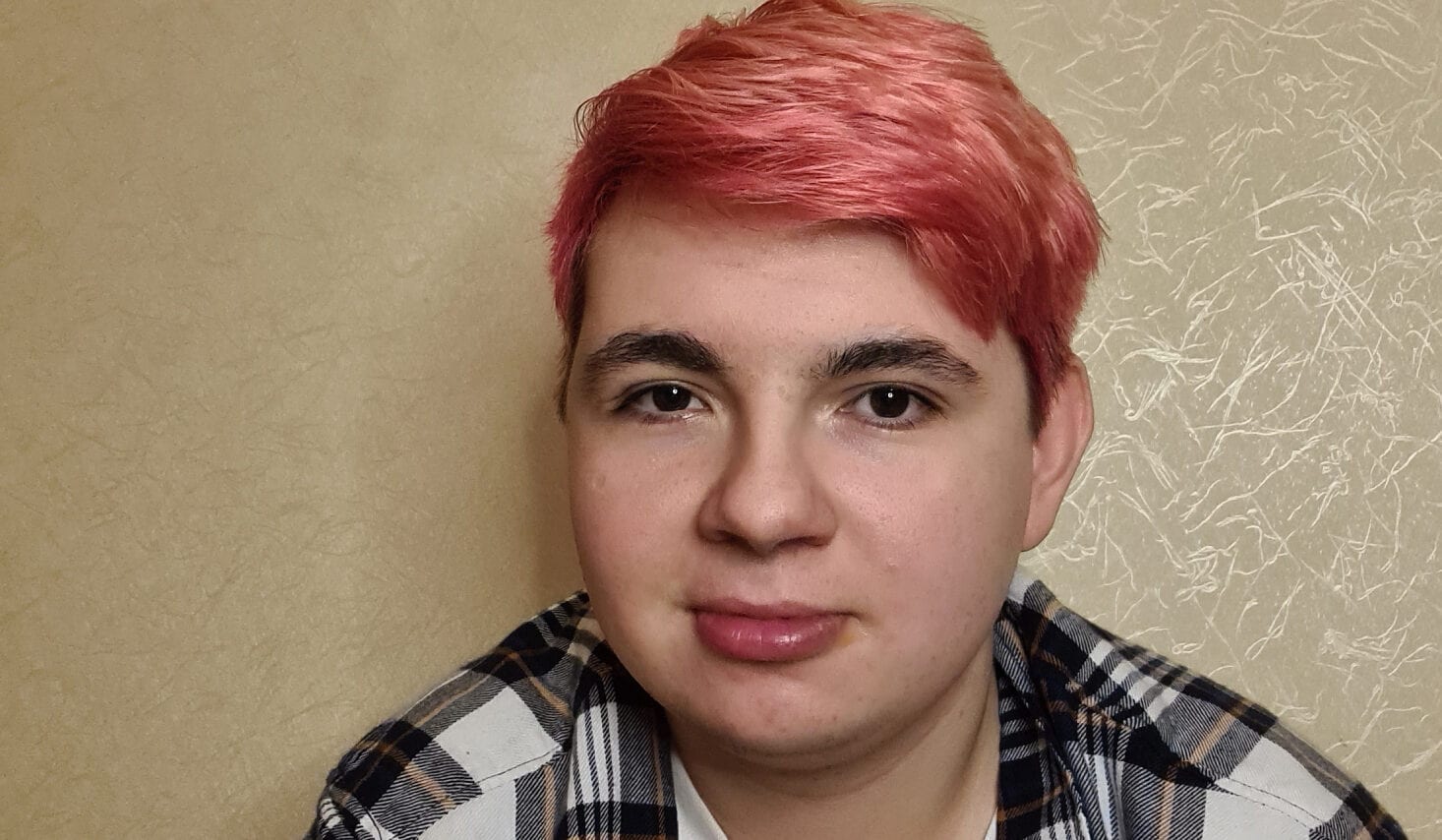
Growing up you wouldn’t have been able to pick me out of a line up. You might have not even have noticed I was there, and some teachers didn’t, but I was socially awkward and good at maths.
I was what some people might call the stereotype for autism – but a big target for bullies.
As part of the #YoungerMe campaign by Just Like Us, the charity for LGBT+ young people that I volunteer with, I’ve decided to open up about my experiences growing up trans and on the autism spectrum.
At 15 years old, I already felt shunned – especially in PE. I had slurs shouted at me in various classes and unfortunately my gender became the running joke of the year. Was I going to wear a suit to prom? The pressure was on to prove I was a girl.
Luckily, I had two close friends who stood by me and looked out for me. They even helped me choose a prom dress to try and disprove the bullies.
I remember being in school one day and reading a textbook section about transgender people.
I had slurs shouted at me in various classes and unfortunately my gender became the running joke of the year.
With my heart pounding, I snuck a look at the section, scared that people would spot me looking, wonder what I was doing, or even connect the dots before I did.
I didn’t feel able to come out as trans yet but I tried sharing with friends that I might be on the autism spectrum.
This was followed by many more questions and I didn’t know how to answer them – especially as the narrow stereotypes didn’t apply to me.
Growing up, I really struggled with mental health and not knowing where I fitted in. There was a huge lack of information from reliable sources on being transgender or autistic, and this just left me feeling more alone.
I ended up in hospital, which in some ways gave me the space I needed away from school to finally be myself.
After two months out of school I was ready to go back and to come out. I got a new, shorter haircut that gave me a new wave of confidence and I went back to the classroom eager to share what I had learnt about myself.
However, my peers were not as willing to listen as I’d hoped they would be. So back into the closet I went.
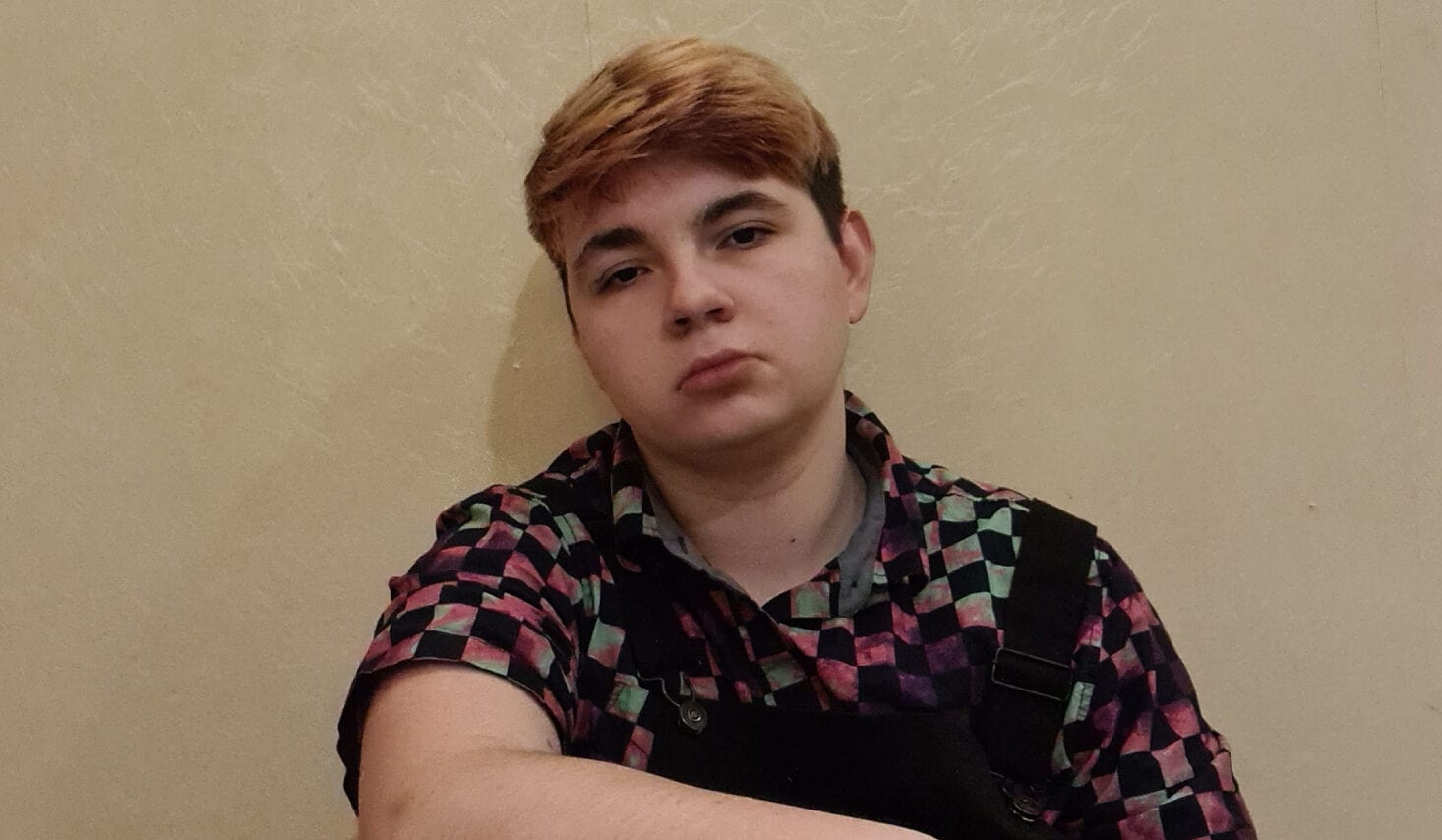
I wished at school I’d had Just Like Us come in and do a talk about how to be an ally or even set up a Pride Group.
That would have completely changed my time at school for the better, and my wellbeing in school would have improved beyond my wildest dreams.
The closet is where I spent the next few years, as I went into the world of work. Navigating the world of work as someone who is both neutro diverse and LGBT+ is complex.
I was even told by one employer that if I came out, they would have to let me go because they thought I would negatively affect their business. Sadly there is still so much education needed around what being trans means – and that we have always existed.
Luckily, I went on to find a job that accepted me and the longer I worked the more comfortable I became with myself. My colleagues proved to be amazing allies and in 2017 I made the jump to finally reveal that I am transgender and I want to be known as Roan.
For some it came as a shock, for others it was almost expected, something inevitable. I had been going by numerous names on a blank name badge for the previous six months.
When I heard about Just Like Us, a world opened up for me. A group of LGBT+ young people? It was a dream come true.
After that came the well-intentioned offers to take me to a gay club and Prides across the country – after all being out and proud was something to be celebrated.
However, being on the autism spectrum means I have often found clubs overstimulating.
I’ll often suffer from what I’d call a social hangover from being overwhelmed. This began to make me feel really isolated, as Pride events and the club scene are often presented as the only ways to find community.
When I heard about Just Like Us, a world opened up for me. A group of LGBT+ young people? It was a dream come true to have access to people like me without the need for loud music and clubs that aren’t very autism-friendly.
As a charity, Just Like Us provides training to LGBT+ 18–25 year olds to speak in schools about being themselves but there’s actually so much more to Just Like Us.
They run workshops, community events, School Diversity Week, Pride Groups in schools, and simply just give you a chance to socialise.
I have finally found access to the community I always needed.
For more information about Just Like Us and their #YoungerMe campaign, visit their website here.
